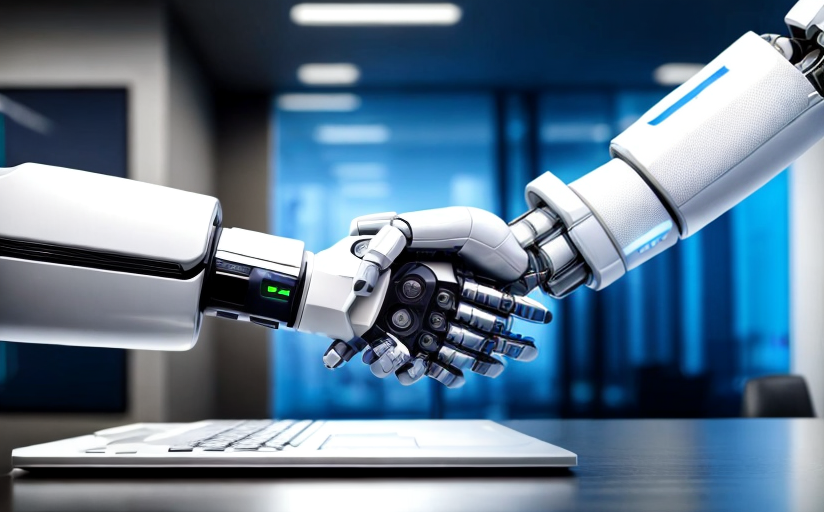The Impact of Artificial Intelligence on Job Security: An In-depth Investigation
In the ever-evolving landscape of modern technology, a critical intrigue lies in the role of Artificial Intelligence (AI) and its implications for job security. While AI brings potential for efficiency, innovation and transformation across various sectors, it also presents challenges having significant societal and economic impacts.
AI and Job Displacement
(AI) has the potential to disrupt existing job sectors. A report by McKinsey Global Institute suggests that by 2030, as many as 800 million global workers could be replaced by robots. Automation-centric industries, including manufacturing and transportation, suffer the most risk from this displacement. However, even professions involving routine-based or data-driven tasks such as accounting or data entry may face potential upheaval.
New Opportunities and Job Creation
Conversely, while certain roles may become obsolete, AI could also be a significant job creator. According to a Gartner report, AI is expected to create 2.3 million jobs by 2020, outpacing the 1.8 million that it's poised to eliminate. These new occupations may include roles such as AI specialists, digital transformation consultants, and more. Therefore, AI may not merely equate to 'job replacement' but also a shift of labor from certain tasks to others.
The Unreplaceable Human Factor
While AI's capabilities are broad and expanding, there is an essential component inherent in humans that AI cannot replicate - emotional intelligence. The ability to empathize, connect, and interact on a human level can currently not be fulfilled by an AI. Roles that emphasize these aspects, such as those in healthcare, social work, and teaching, should remain secure amidst the wave of automation.
Strategies for Navigating the AI Impact
For businesses and individuals to thrive in this changing landscape, adopting adaptive and forward-thinking strategies is crucial. Businesses will need to integrate these technologies while maintaining an active interest in human capital. For individuals, part of the answer may lie in continuous learning and skill development, particularly in areas less susceptible to automation.
Real-World Example
In the business world, companies like Amazon have deployed thousands of robots for tasks like lifting and moving goods. However, they also stress the importance of human workers for roles such as managerial tasks, programming, and maintaining these robots.
Conclusion
The impact of AI on job security is a complex and multifaceted issue. While there is the potential for job displacement, there is also the creation of new opportunities attesting to the innovative power of AI. By fostering necessary human skills and abilities and finding ways to synergize them with AI, we can navigate this unfolding terrain strategically and optimistically.




















Comments
Leave a Comment